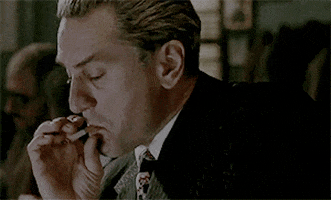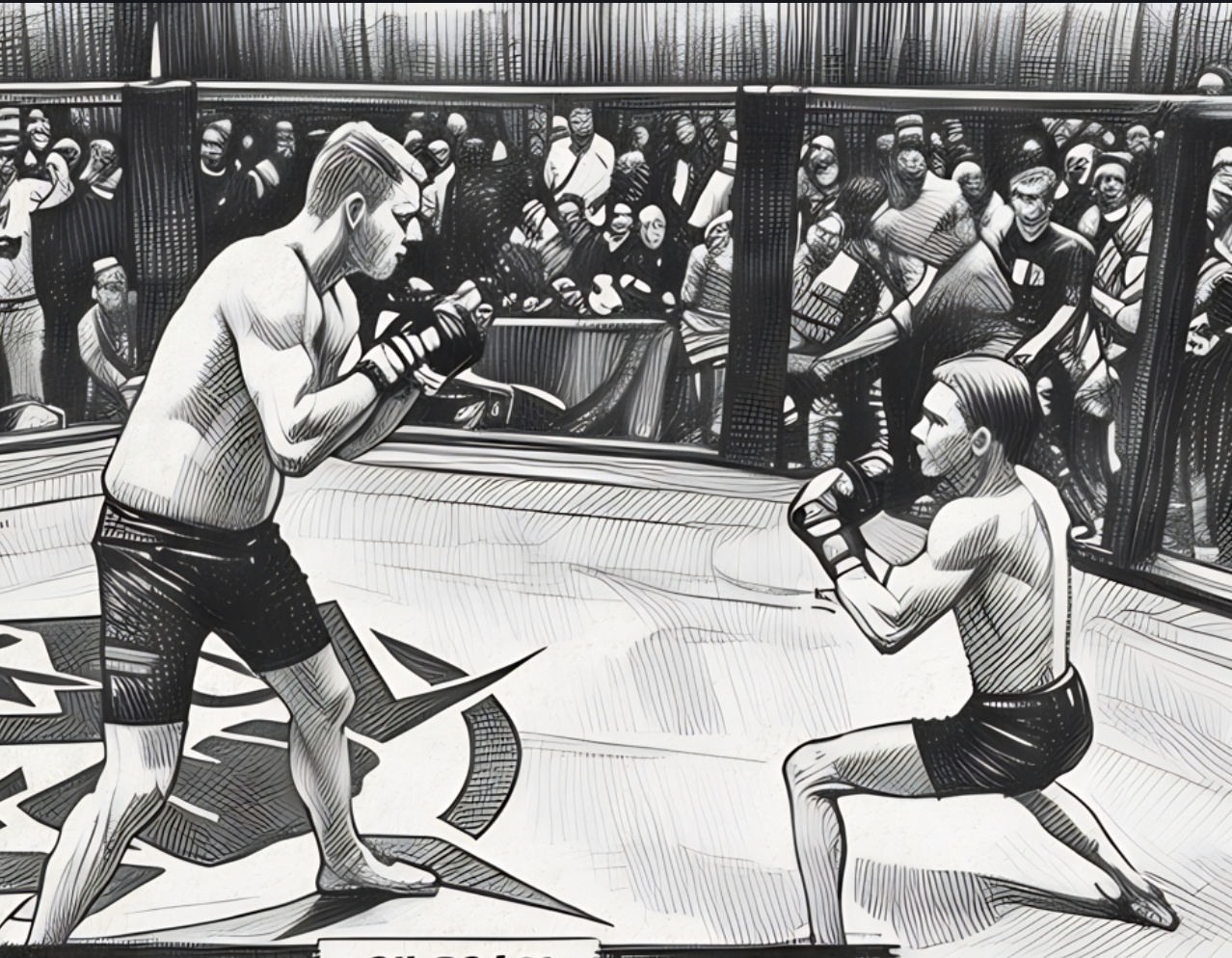
So, I’m back down the Narcos rabbit hole. Hands down, one of the most (if not the most) well-written, well-acted shows of all-time. An unbreakable tie with Sopranos, in my book, and this is already my all-time great. Breaking Bad is at close second.
But let’s step outside art and cinema for a moment. I know many of you share the same fascination for outlaw behavior. Tony Soprano was a lying, manipulating sociopath who cheated on his wife and killed his best friend and nephew. But I know many of you rooted for him to make it out of that coma in Season Six.
And let’s not get started with El Patron, a man who held Medellin by the balls for more than a decade. Lives were lost along the way. It was a full terror reign that’s left its mark on the people of Colombia to this day, for better or worse. Yet a good chunk of people mourned his death on that fateful December morning in ‘93.
I won’t blame Hollywood or Netflix. A strong villain will always draw a connection. There’s always a good story to tell. And from that, there’s good money to be made.
But for us, the audience, why are we so drawn to these characters like flies to a pile of shit? That despite their crimes against society, we’re seemingly willing to look the other way and develop a fanaticism. This question’s been stewing in my head for a while now, so I decided to ask a couple of experts.
First, Ares Borg, former military counterintelligence officer and Special Forces combat skills instructor. He’s now a published author with five spy thrillers to his name. He gave three possible reasons.
First of all, people admire leaders. Secondly, these leaders are bigger, stronger, richer… Third, and perhaps most important, these criminal leaders are constantly fighting against the government, the judiciary, and the police.
Dr. Margaret King, Cultural Analyst at The Center for Cultural Studies & Analysis in Philadelphia, had a similar take.
Outlaws fascinate us because they are transgressors whose lives cross the many lines we have been trained by the culture to respect. In this way, outlaws are a different species, one dedicated to violating the norms and rules that make society work.
When they are under arrest, tried, and imprisoned, we are able to take satisfaction in the system that enforces the behaviors of polite society. This is the reason the (Ghislaine) Maxwell case is so fascinating.

Mr. Borg brought up another good point. There could be a villain in all of us. A person itching to break every written law since time immemorial. To be able to stick it to the man. And in a way, we’re living vicariously through these almost mythical figures.
The vast majority of people also have a conscious or unconscious rebellion against the governing structures that they consider unjust and take too much from them (giving, contributions, taxes…).
At the same time, people subconsciously ignore and abstract all the evil that these “Escobars” and great criminals do. In the end, it seems that these leaders – criminals are a kind of brave heroes who are fighting against our enemies – the rule of law.
Mr. Borg took the conversation a bit deeper.
The subconscious plays an essential role in all of us. We want to be strong, brave, and prosperous like these heroes in the subconscious.
In doing so, we neglect the difference between good and evil. We take the good and reject the evil because there is no rational thinking in the subconscious.
Psychologically, this is justified because men have always defended their wives, children, and home, went to war, and competed to see who would be stronger, faster, and braver.
So that could also mean that the fascination for outlaws is part of human nature… right, Dr. King?
Definitely, transgression is part of our nature. Without it, we would not be able to do anything contrary to the mainstream order, including invention and innovation, creativity is often cited as a destructive force before it becomes obviously beneficial.
We think of crime as destructive but it is also a creative force in challenging the status quo and breaking new ground in every field of endeavor.
So that explains it. There’s nothing wrong about being drawn to the great wise guys and kingpins of the world, both on-screen and in real life. Watching Coco get the American History X treatment and grinning from ear to ear while doing so doesn’t make you a psychopath.
You’re likely channeling an untapped part of your psyché. Now, if you let all of that manifest into a reality, that’s an entirely different story.





